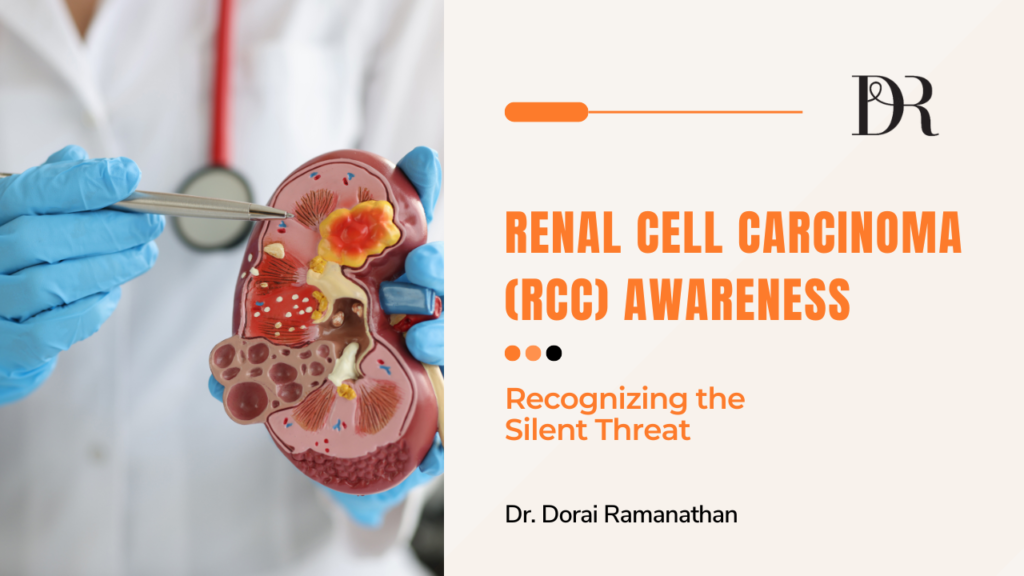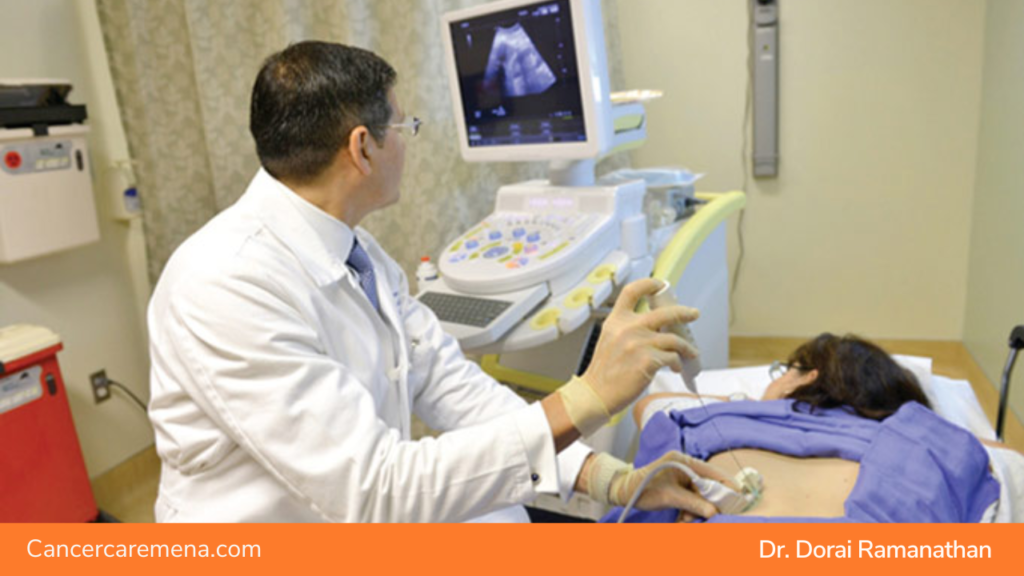
Renal Cell Carcinoma (RCC) is a formidable adversary that often lurks silently within the kidneys, evading early detection until it reaches an advanced stage. In this comprehensive guide, we aim to raise awareness about RCC, the most common type of kidney cancer, its early signs, and the pivotal role of early diagnosis in improving treatment outcomes and survival rates. Let’s delve deeper into understanding RCC, its risk factors, and the importance of regular screenings.
Understanding RCC
RCC originates in the cells lining the small tubes within the kidneys, known as renal tubules. While it can occur at any age, it most commonly affects individuals between the ages of 50 and 70. Unfortunately, RCC often remains asymptomatic in its early stages, making it challenging to detect until it has progressed.
Early Signs of RCC
- Blood in Urine (Hematuria): One of the hallmark signs of RCC is the presence of blood in the urine. This may appear as pink, red, or dark brown urine and should never be ignored.
- Persistent Pain: RCC can cause persistent pain or discomfort in the lower back or side. This pain may not be attributed to any specific injury or strain.

- Unexplained Weight Loss: Rapid and unexplained weight loss can be a subtle yet concerning indicator of RCC.
- Fatigue: Unexplained fatigue, weakness, and a general feeling of illness could be attributed to RCC.
- A Palpable Mass: In some cases, a palpable mass or lump in the abdomen may indicate an advanced stage of RCC.
The Significance of Early Diagnosis
Early diagnosis of RCC is a game-changer. Detecting RCC in its initial stages significantly improves the chances of successful treatment and long-term survival. However, the absence of symptoms in the early stages underscores the importance of regular health check-ups and screenings, especially for individuals with risk factors such as a family history of kidney cancer, smoking, obesity, or high blood pressure.

Screening and Diagnostic Tools
Healthcare providers may use various diagnostic tools to detect RCC:
Imaging tests: CT scans, MRIs, and ultrasounds can reveal abnormalities in the kidneys.
Biopsy: If an imaging test suggests RCC, a biopsy may be performed to confirm the diagnosis.
The Role of Awareness
Spreading awareness about RCC is vital. Increased knowledge about its early signs empowers individuals to seek timely medical attention. Educational campaigns, community outreach, and collaboration between healthcare professionals and advocacy groups all play a pivotal role in making more people aware of the risks and symptoms associated with RCC.

Conclusion
Renal Cell Carcinoma (RCC) is a stealthy adversary that requires our attention. Raising awareness about its early signs and the significance of early diagnosis is crucial in the fight against this disease. If you or someone you know experiences any of the aforementioned symptoms, seek prompt medical attention. Together, through awareness and early detection, we can improve outcomes and save lives in the battle against RCC. Remember, knowledge is a powerful tool in the fight against kidney cancer.



